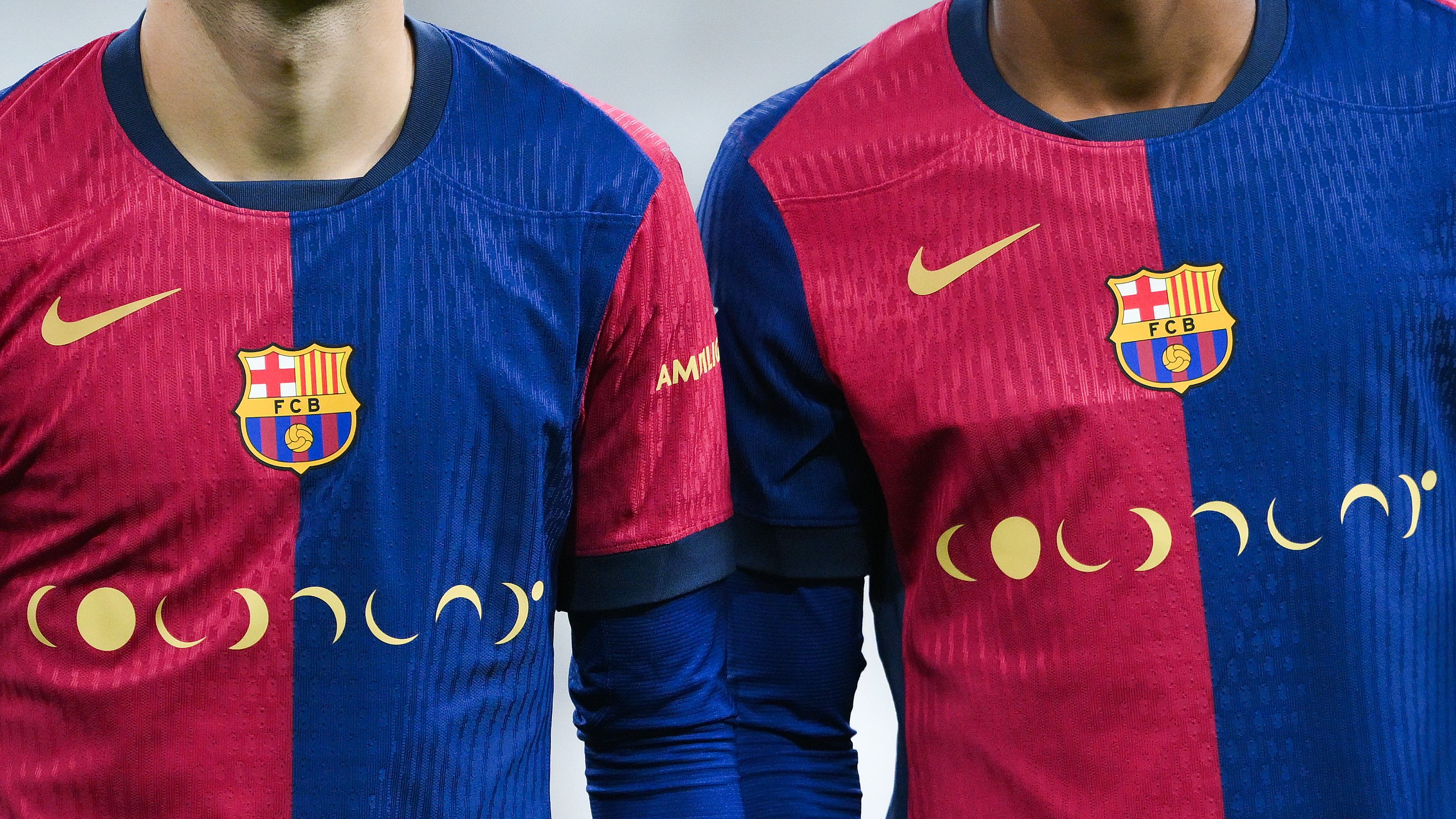Despite securing what appears to be a landmark €1.7 billion kit sponsorship extension with Nike through 2038, Barcelona’s financial struggles continue to cast a long shadow over the club’s future. The record-breaking deal, while impressive on paper, may not be enough to resolve the deep-rooted financial challenges that have plagued the Catalan giants in recent years.
The agreement with Nike, valued at approximately £1.4 billion ($1.8 billion), represents one of the most lucrative kit manufacturing partnerships in football history. However, financial experts and club insiders suggest that Barcelona’s path to financial stability remains fraught with obstacles, as the club grapples with substantial debt obligations and ongoing infrastructure costs.
One of the most pressing concerns is the renovation of Camp Nou, Barcelona’s iconic home stadium. The club’s temporary relocation during the construction phase has already resulted in a significant revenue shortfall, with estimates suggesting a loss of over €70 million this season alone due to reduced matchday income. The smaller capacity of their temporary home pales in comparison to Camp Nou‘s impressive 99,000-seat capacity, creating a substantial dent in the club’s regular income stream
The financial strain has forced Barcelona to make several difficult decisions in recent years, particularly in player management. The departure of club legend Lionel Messi sent shockwaves through the football world, while the exits of high-profile players such as Ilkay Gundogan, Ousmane Dembele, and Antoine Griezmann were similarly influenced by the need to reduce wage bills and create financial breathing room for new registrations.
Perhaps most concerning is the revelation of a €200 million debt that was recorded in the club’s books but lacks proper documentation, raising questions about the true extent of Barcelona’s financial obligations. This situation has become so dire that board members have had to personally contribute millions to ensure the club’s compliance with LaLiga’s financial fair play regulations.
The Nike deal, while substantial, must be viewed in the context of these broader financial challenges. Barcelona’s Vice President of Finance, speaking on condition of anonymity, explained: “While the Nike partnership represents a significant long-term commitment and shows faith in our brand, it’s important to understand that this income will be spread over 14 years. The immediate financial challenges we face require more comprehensive solutions.
Barcelona’s current strategy appears to focus on youth development as a sustainable path forward. The emergence of talents like Lamine Yamal from the club’s famed La Masia academy represents a bright spot, demonstrating that the club can still produce world-class talent without requiring substantial transfer expenditure.
Industry analysts suggest that Barcelona’s return to financial prominence will require a multi-faceted approach. The Nike deal, while significant, is just one piece of a complex puzzle. The club must continue to manage its wage structure carefully, maximize revenue from its renovated stadium once completed, and potentially explore additional revenue streams to address its substantial debt burden.
The reality is that Barcelona fans shouldn’t expect a return to the lavish spending of previous years anytime soon. Dreams of signing global superstars like Kylian Mbappe or Rodri remain just that – dreams – as the club focuses on financial sustainability over marquee acquisitions.
The situation serves as a stark reminder of the delicate balance between sporting ambition and financial responsibility in modern football. While Barcelona’s brand remains strong enough to attract record-breaking sponsorship deals, the club’s recovery from years of financial mismanagement will require time, patience, and prudent decision-making.
As Barcelona continues its renovation project and works to strengthen its financial foundation, the Nike deal represents a welcome boost but not a complete solution to their monetary woes. The road ahead remains challenging, but with careful management and strategic planning, the club hopes to eventually return to a position of financial strength that matches its sporting ambitions.



